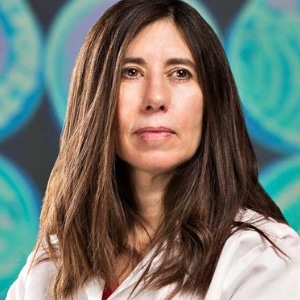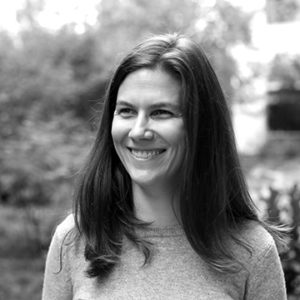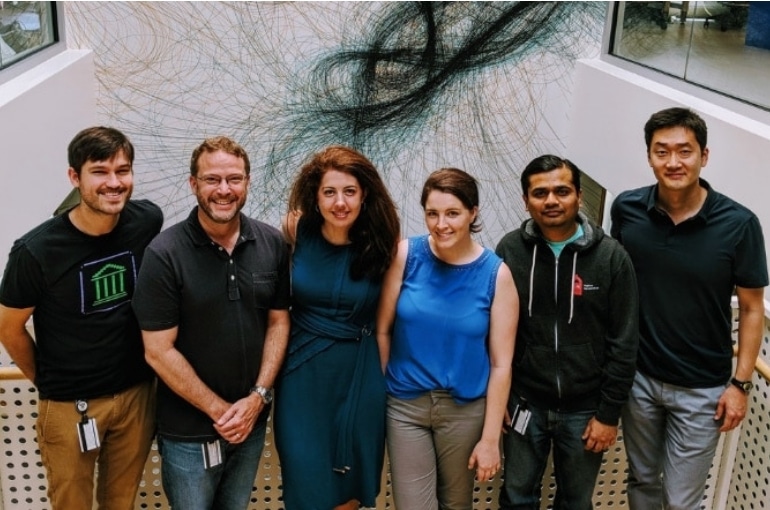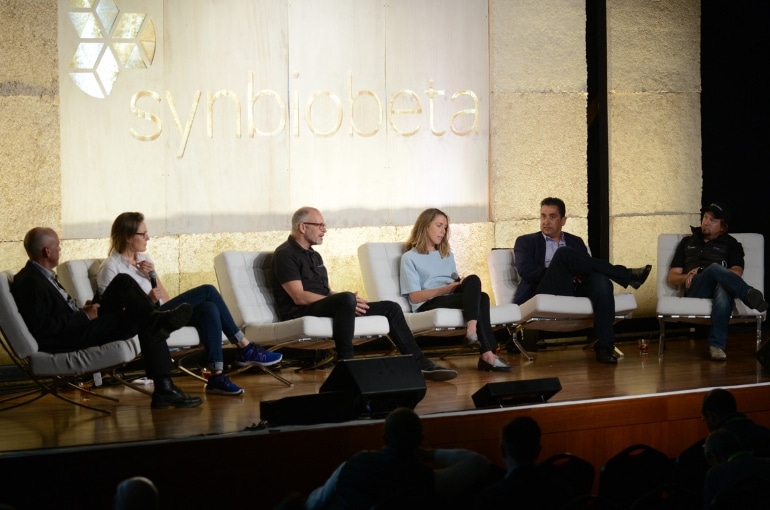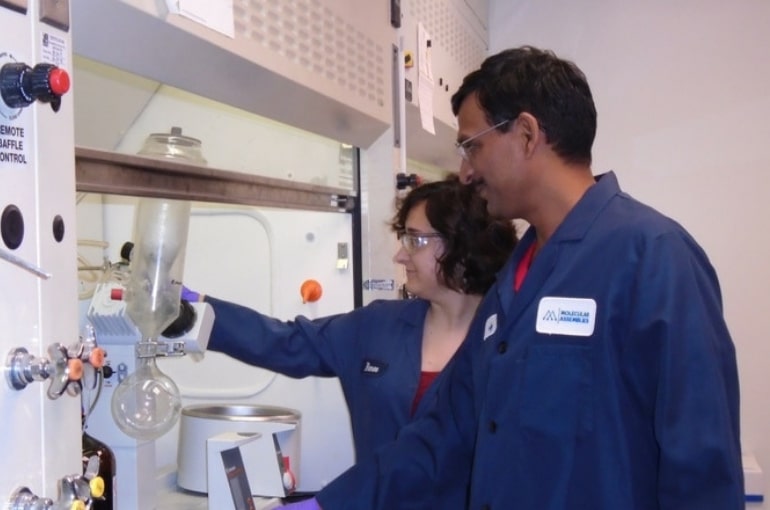DNA Data Storage
The future is written in DNA. Biology has already provided us with the perfect information storage molecule; we just need to learn how to leverage it to store the terabytes of data our technology-based society is producing. We’ve already written the information for short film clips and songs in DNA, but to be able to fully realize the potential of DNA data storage and create the next-generation tape drive, the price of DNA synthesis must continue to drop — and we must efficiently tackle the other side of the equation: reading from DNA. Learn about where we’ve been, where we are now, and where we are going — and what it will take to get there.
Featured Stories
From magnetic tape to the “DNA hard drive:” entering the next frontier with DNA data storage
With dedicated organizations like IARPA and the SRC, industry leaders like Twist, Microsoft, and Catalog, and investors like the Data Collective working together, our Facebook kitties may soon be immortalized in the same material each of us carries around in our bodies’ cells: DNA. READ MORE
How to make DNA data storage a commercially viable solution — and bring physical data ownership back
Instead of using de novo DNA synthesis, Catalog is using a methodology that is akin building a printing press with typefaces. They generate large quantities of a small number of different DNA molecules, which can be arranged and rearranged into countless different combinations — a different combination for each piece of data being stored. READ MORE
The future of DNA synthesis
DNA is the blueprint of life, as well as the cornerstone of the synthetic biology industry. So it’s fitting that SynBioBeta 2018 culminated in a final panel discussion about the future of DNA synthesis — what many would call the future of synthetic biology. READ MORE
Why the future will be written in DNA: An interview with Twist Bioscience’s Bill Peck
Dr. Peck believes that DNA is nature’s preferred storage medium. “There will be no new technology to replace DNA,” he says. “Nature already optimized the format.” READ MORE
Molecular Assemblies: Rewriting synthetic biology with enzymatic DNA synthesis
Kamdar sees the potential market for DNA data storage alone to be an order of magnitude larger than the entire existing DNA synthesis industry. Indeed, interest in this technology is intense, and the US government is currently offering research grants with the goal of developing DNA storage capacity on the exabyte scale. READ MORE
